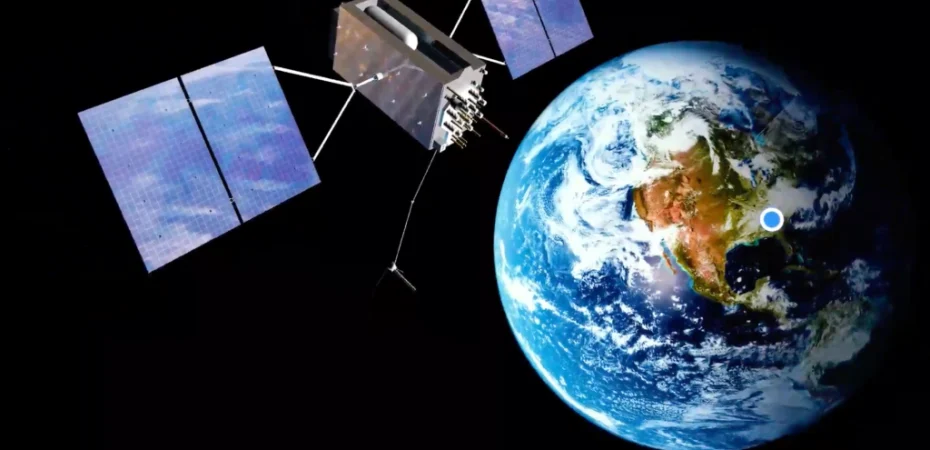In early June 2024, the Space Force issued a solicitation seeking innovative design concepts for the Resilient Global Positioning System (R-GPS) program, whose goal is to augment the existing 31-stallite GPS constellation with smaller, cheaper satellites based on commercial designs. Initial awards for the R-GPS program are expected to be announced in the fall of 2024, with hopes for design concepts as early as the first quarter in 2025.
The R-GPS program is part of a broader effort to protect and enhance the United States’s GPS capabilities around the globe. The existing GPS constellation is seen as critical infrastructure for both civilians and the military. The conflict in Ukraine has highlighted the risks associated with GPS jamming and spoofing. This has led to a new initiative in the National Defense Authorization Act which has allocated funds for the R-GPS program under the broader authorization for “Rapid Response to Emergent Technology Advancement or Threats.”
Critics of the program highlight the fact that the R-GPS program is only focusing on the space segment and does not address the shortage of GPS-user ground equipment that is compatible with the newer anti-jamming signals. A cyber security risk that may go unnoticed is that reliance on new ground-equipment may provide an adversary a new attack vector. When the US begins to launch it’s new R-GPS constellation, ground equipment that is compatible with the new satellites will also have to be distributed amongst the user-segment on a large scale. If suppliers are not careful, an adversary may use this wide distribution of new ground equipment as a possible avenue of infecting hundreds of users in both the civilian and military sectors.
Compromised ground equipment has the potential to represent a massive vulnerability. One of the drawbacks of GPS jamming is that one side of a conflict is effectively jamming themselves whilst also jamming the enemy. In a world where the enemy has compromised the other side’s GPS ground equipment, they would be able to remove GPS capability of one side while maintaining GPS capability for themselves. It is therefore extremely important that the suppliers of tomorrow’s GPS ground equipment are relentless in their effort to protect and secure the manufacture and distribution of the new hardware.
Source: Space Force seeks bids for ‘Resilient GPS’ satellite program
